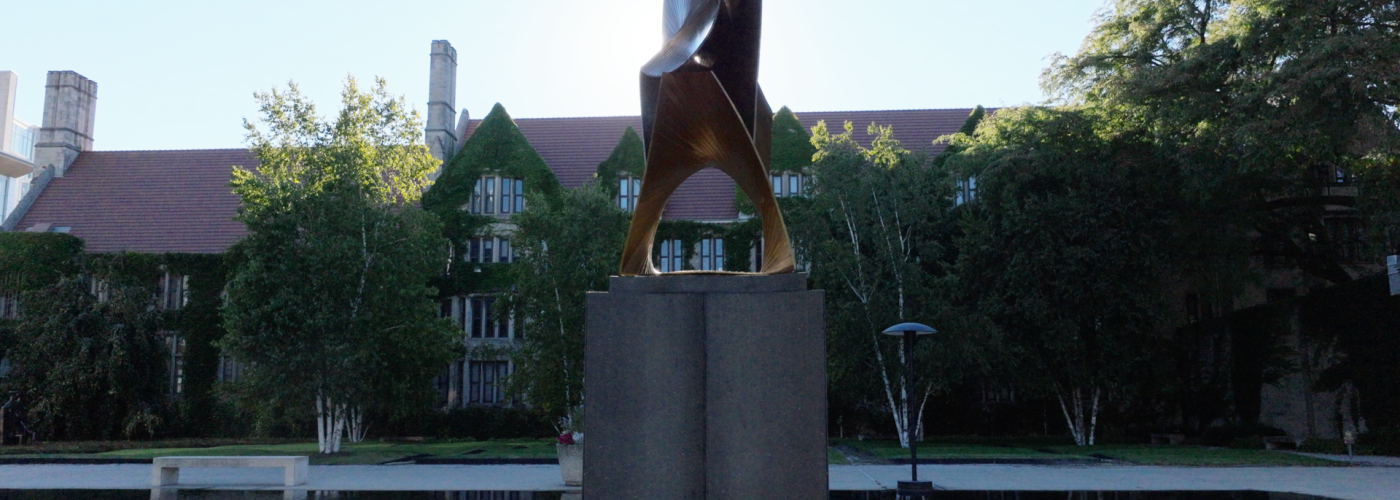News
Taylor Guthrie, ’26, became interested in wrongful convictions work in high school after she read the memoir, The Sun Does Shine: How I Found Life and Freedom on Death Row, by Anthony Ray Hinton, a man who spent 30 years on death row for a crime
The Law School recently received a significant gift to advance the study of constitutional law from Debra A. Cafaro, ’82, chairman and chief executive officer of Ventas, a leading S&P 500 company and one of the world’s largest owners of senior housing. She is also a member of the University of Chicago Board of Trustees.
Jacqueline Hillman, ’26, chose the Abrams Environmental Law Clinic as an experiential learning opportunity for multiple reasons. Having grown up in the Bay Area, she had witnessed the cutting edge of environmental policy innovation.
The Housing Initiative Transactional Clinic was Ilana Lewis’s first choice for a clinical experience at the Law School. Lewis, ’26, developed an interest in real estate law during her 1L summer working as a summer associate at a big law firm.
Three members of the Law School faculty have received named professorships, effective January 1. William H.J. Hubbard, ’00, deputy dean, has been named the Clifton R. Musser Professor; Thomas J. Miles, former dean of the Law School, has been named the first Richard A. Posner Distinguished Service Professor of Law in the Wallman Society of Fellows; and Darrell A. H.
Faculty in the News
A novel approach to a centuries-old law
Craig Futterman, a clinical law professor at the University of Chicago said while there’s no doubt that federal government has the right to enforce immigration laws, it remains to be seen whether the courts will accept Illinois and Minnesota’s interpretation of the 10th Amendment.
The strongest call for prosecutions came from Craig Futterman. He’s a member of the legal team that brought the lawsuit that prompted U.S. District Judge Sara Ellis to restrict the feds’ use of forcein an order last fall. After a hearing in that case Thursday, he told reporters that local officials “have the power” to arrest federal agents who violate state crimes.
Spotify episode description: In this episode, I sit down with Alison LaCroix, the Robert Newton Reid Professor of Law at the University of Chicago, to discuss her recent book: The Interbellum Constitution (2024). It looks at the period between the end of the War of 1812 and the Civil War and tells a very different story about Constitutional meaning and change. One that brings in different characters and gives us a new way to understand the role between history and law.
The UChicago Experience
Events
—
Participating faculty: Adam Chilton, Genevieve Lakier
—
Participating faculty: Adam Chilton, Genevieve Lakier


